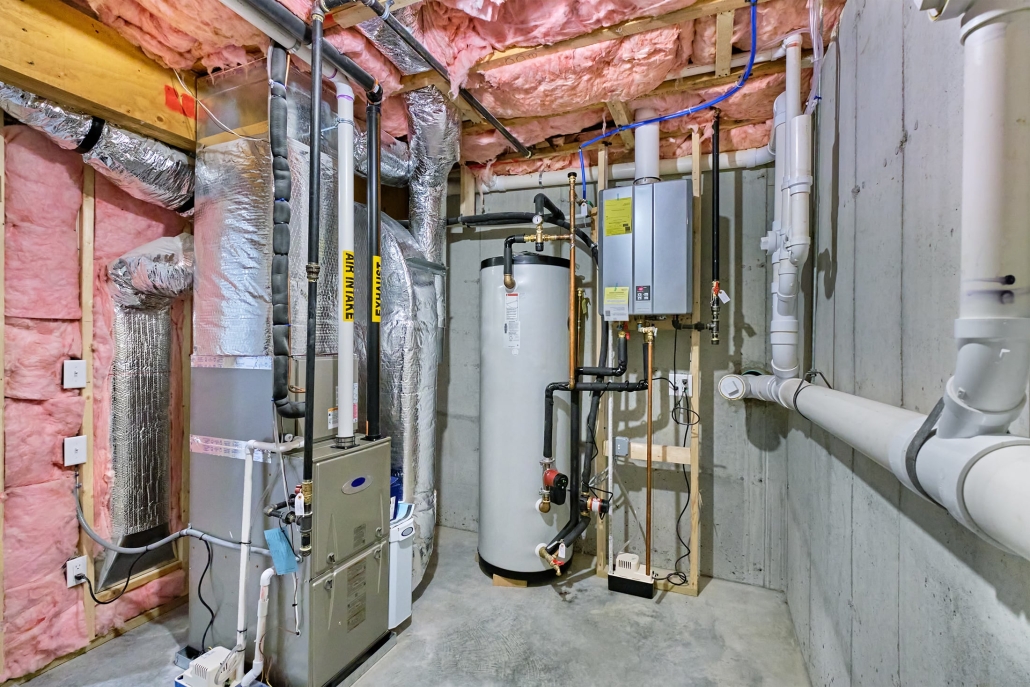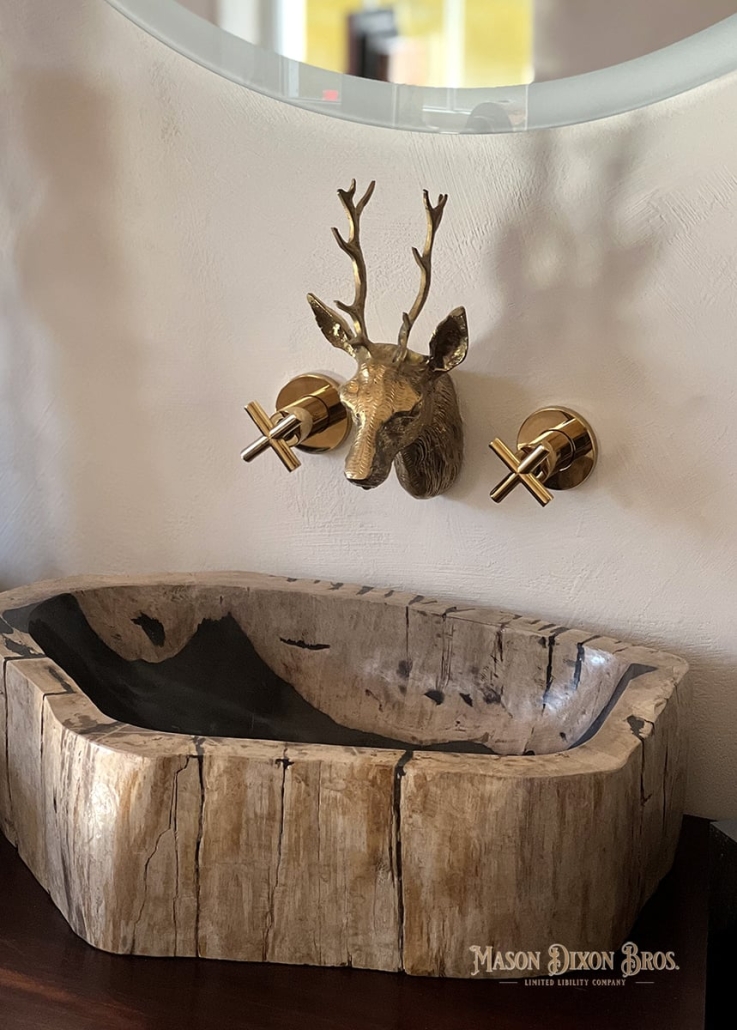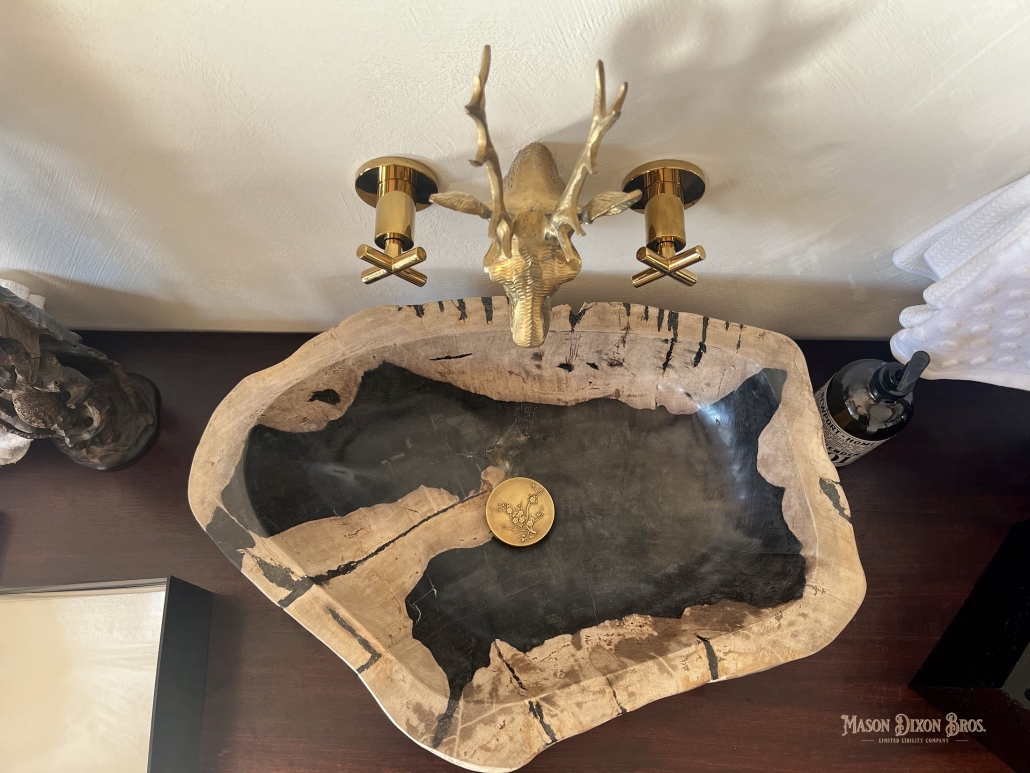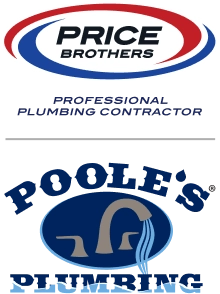A Comprehensive Guide to Home Plumbing Systems
A Comprehensive Guide to Home Plumbing Systems. From drips to disaster, every homeowner knows plumbing basics: a faucet that leaks or that mysterious sound of running water from an unseen source. But, as with many parts of homeownership, your plumbing can become a more complicated beast when things go wrong. This guide aims to demystify the world of home plumbing, from understanding the anatomy of your system to troubleshooting common issues and knowing when to call in the professionals.

The Basics: An Overview of Home Plumbing Systems
The heart of your home's plumbing is the network of water supply and waste removal pipes. For most homes, this includes main water lines that run underground from the municipal water meter to the house and a series of secondary supply lines that branch out to various fixtures. The main waste pipe, known as the sewer line, carries waste from the home to the municipal sewer system or, in rural areas, a septic tank.
Critical Elements of Your Plumbing System:
- Supply Lines: Deliver clean water to your faucets and appliances
- Shutoff valves: Allow you to isolate water flow to specific fixtures or, in emergencies, to the entire house
- Drainpipes: Carry waste water away from the house
- Vents: Prevent airlocks in drainpipes, allowing waste to flow freely
- Traps: Catch debris to prevent clogs and prevent sewer gases from entering the home
Your Day-to-Day Routine: How to Maintain Your Plumbing
In preventing costly repairs, proper maintenance helps. Here are some simple maintenance tips:
- Check for leaks: Routinely inspect visible pipes and fixtures for signs of leaks.
- Test faucets and shutoff valves: Make sure faucets aren't dripping and shutoff valves are functioning
- Avoid major clogs: Be mindful of what you flush or pour down drains; consider using drain screens and avoiding harsh chemical drain cleaners.
Common Issues, Easy Solutions: Troubleshooting Your Plumbing
Your plumbing system is remarkably robust, but it's not invincible. Here's a quick guide to troubleshooting and addressing some common plumbing issues:
- Low water pressure: If you experience low water pressure in faucets and fixtures, this could be due to a partially closed shutoff valve or a blockage in the aerator on your faucet. First, check the valve; if it's open, unscrew the aerator and clean out any debris.
- Clogged drains: Most often caused by hair, soap, and other solids buildup. Plungers, drain snakes, and homemade remedies like baking soda and vinegar can usually do the trick, but severe clogs may require professional attention.
- Running toilets: Typically caused by a faulty flapper, which fails to seal the water passageway after flushing. Replacing the flapper is a straightforward fix, but if you need clarification, a plumber can help.
- Leaky faucets and pipes: Often the result of worn-out washers, O-rings, or gaskets. You can replace these yourself, but if in doubt, call a plumber to prevent water damage.

When to Call for Help: Signs Your Plumbing Needs Professional Attention
While a savvy homeowner can tackle many plumbing issues, there are sure signs that indicate you should call in a professional:
- Persistent clogs: Regular clogs may indicate a more significant issue in your drainage system
- Poor water quality: Rusty, foul-smelling water can indicate a problem within your water main
- Noticing water stains or mold growth: These may indicate leaks or improperly vented appliances
- Reduced pressure: Sudden changes in water pressure may signal a hidden leak
- Unexplained water on floors or in cabinets
Addressing these issues promptly is crucial to prevent damage to your home and prevent escalating repair costs.
Beyond the Basics: Upgrading Your Plumbing System
Consider a system upgrade if your home is older or showing signs of plumbing system wear and tear. Newer technologies, like tankless water heaters, can improve energy efficiency and save money. Additionally, modern piping materials, such as PEX, offer longer-lasting performance than traditional copper or PVC and are less prone to freezing.
Remember, properly functioning plumbing is vital to keeping our homes comfortable and safe. Regular maintenance, understanding the basics of your plumbing system, and knowing when to call in the professionals can help ensure your plumbing works efficiently and effectively.
www.poolesplumbing.com






